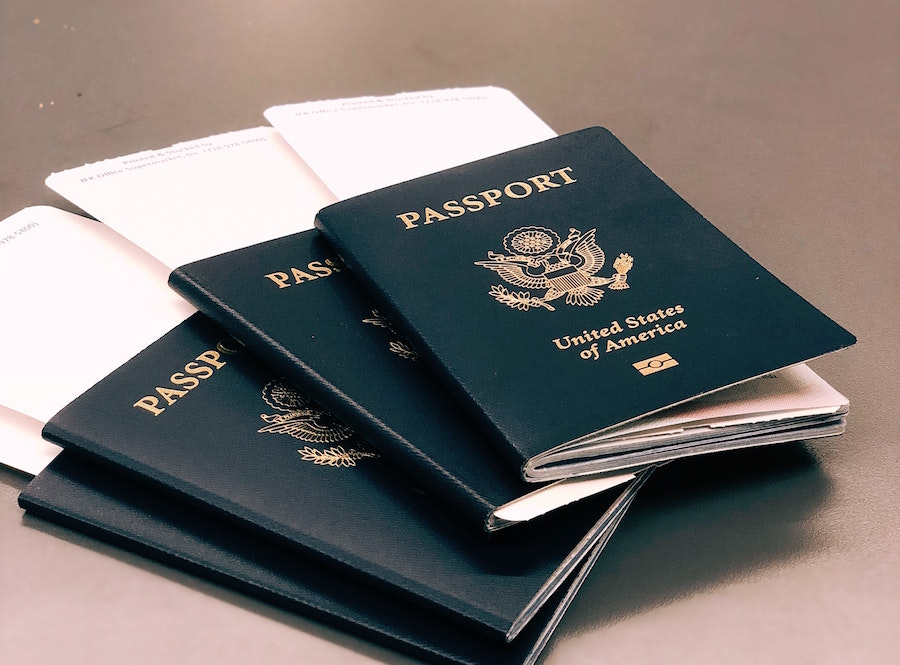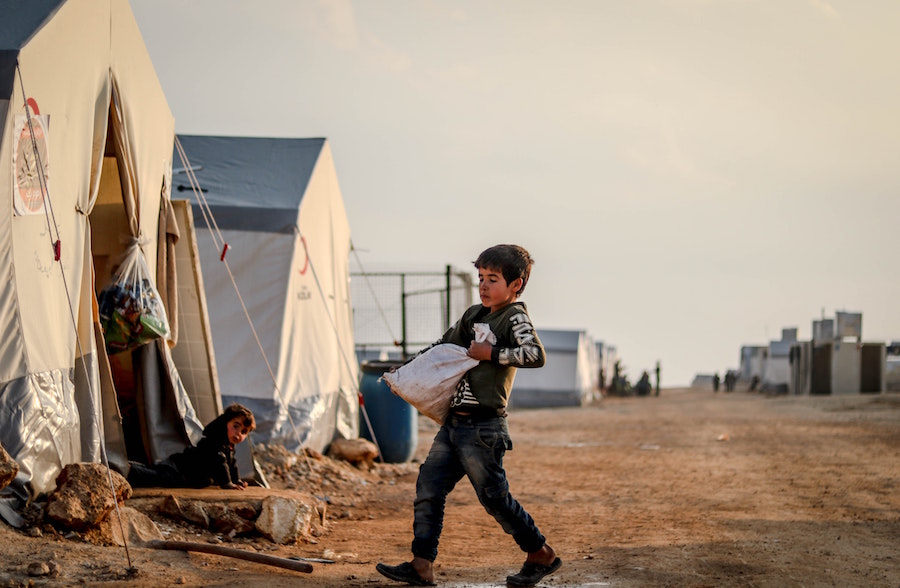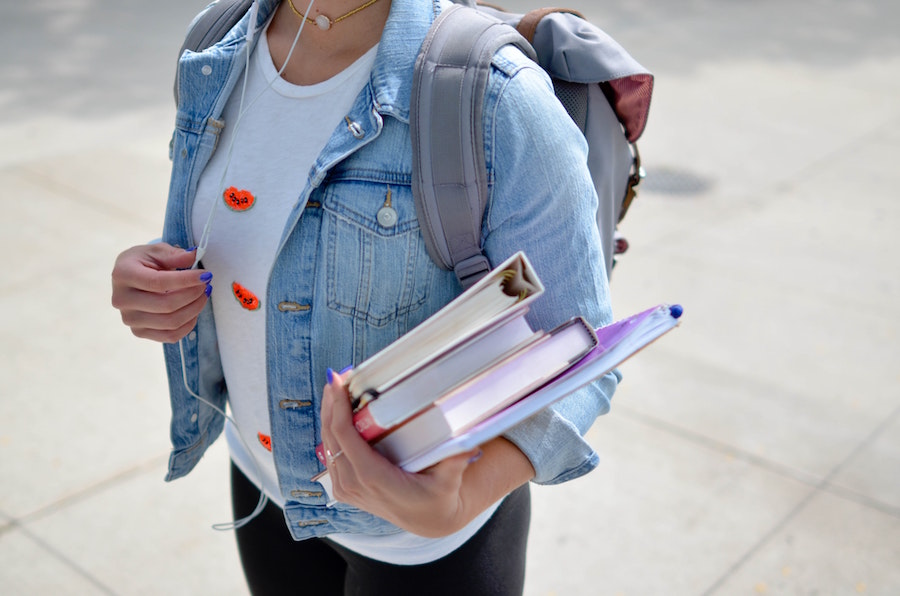Canada Opens The Border: New Guidelines
Starting on August 9th, Canada will change its rules on who they allow to enter the country. American citizens and permanent residents of the United States (who currently reside in the United States) who are fully vaccinated and meet the specific criteria will be allowed entry.
On September 7th, all other foreign nationals who are fully vaccinated with a Government of Canada approved vaccine within 14 days prior to entering Canada will be permitted entry.
There will no longer be a three-night hotel stopover requirement for travelers arriving by air after 12.01 am on August 9th as long as you meet the exemption requirements.
To qualify for the exemption, prior to departure, you must have a negative COVID-19 test result from a pretest, have a quarantine plan in place in case it is needed, and have a test upon arrival.
Preregistering for the arrival test will save you time. You are not required to wait for the results, you may continue to your destination.
Should your arrival test be positive you will be contacted by your local health authority to be given further instructions.
Before arriving at the Canadian border, whether by land, air, or sea being prepared will save you time and frustration. You should:
- confirm that you are eligible to enter the country
- confirm you qualify as a fully vaccinated traveler
- get a pre-entry COVID-19 test
- preregister for your arrival test
- make and bring a quarantine plan
- submit all documents in ArriveCAN 72 hours before arrival at the border
Upon arrival you will need to provide the following:
- ArriveCAN receipt
- proof of vaccination
- pre-entry test results
- any other required travel documents
After arrival:
- take a test at the border or get a home test kit
- wear a mask and maintain distance for the first 14 days in Canada.
Fully Vaccinated: What Qualifies?
Current acceptable vaccines recognized by Canada are the following:
- Pfizer
- Moderna
- AstraZeneca
- Janssen/Johnson & Johnson
Travelers must; have received the full series of an accepted vaccine (or a combination thereof), have received their last dose at least 14 days prior to the day they plan to enter Canada, and have uploaded proof of their vaccination in ArriveCAN.
What is ArriveCAN: How to use it
ArriveCAN is a mobile app that provides mandatory travel information on and after your entry into Canada. It is a free and secure platform used to gain and share information required to enter the country.
All travelers arriving in Canada by air and by land must use ArriveCAN. Your information needs to be submitted 72 hours prior to arrival.
ArriveCAN will send notifications and emails giving information about any quarantine requirements and testing that may be required.
Time to Act: Asylum Claimants and Refugees
The global pandemic of COVID-19 has caused many aspects in our lives to be placed on hold, to wait, or to be cancelled all together. For those of us fortunate enough to live in a safe country, with healthcare and security, the pandemic has shaken and altered our day-to-day life, but it has not diminished the plight of refugees.
Asylum seekers and refugee claimants do not have the luxury of time. They can no longer wait for their situations to improve or for their dangers to pass.
As we learn and understand more about COVID-19, we can make plans to allow these individuals entry into Canada while still ensuring that current Canadian residents remain safe.
Asylum seekers and refugee claimants should be seen as essential travel. No one chooses to be a refugee.
Many countries, Canada included, imposed travel bans and closed their borders leaving individuals needing protection with nowhere to go. These individuals belong to the most vulnerable migrant group, fleeing their homelands to join a large, displaced population settling in camps and temporary locations until such a time they can continue their journey to safety.
If You Have Already Sponsored a Refugee
You will be contacted when the individual you are waiting for is ready to travel. You will need to confirm that you are ready to welcome the refugee you are sponsoring as well as provide your quarantine plan to the government.
After arrival, the individual will need to complete their check in with ArriveCAN.
The Arrival Process: How Canada is Keeping People Safe
Currently before refugees leave for Canada, they are given information on how they can monitor their health and help prevent the spread of COVID-19.
All individuals must undergo a fitness check to be sure they are fit to fly and screened for any symptoms.
Upon arrival they have a 3-day quarantine period in government-authorized accommodation and are retested (initial test was prior to departure) for COVID-19.
After the 3-day time frame and with a negative test they can then spend the remainder of the 14-day required isolation in your region.
Individuals get support from either their private sponsor or the Resettlement Assistance Program. Once their quarantine time is complete, they can begin to settle into their community.
Given the strict procedures and requirements that each refugee needs to complete, the risk of these individuals arriving in Canada carrying COVID-19 and going undetected is low.
COVID-19 appears to be a virus that we will have to learn our best how to live with, continue to prevent the spread and keep people safe.
But keeping borders closed to asylum seekers and refugee claimants is not the answer. Canada needs these individuals, and they need us.
Policies and procedures in place can allow these individuals to make Canada their new home and keep those already here protected.
What Canada Can Learn From France Regarding International Students
How France Is Handling International Students During the Pandemic
France has set up a three-layer system for researchers and students that would like to come into the country. They want students to return safely to campus by offering free vaccinations and access to PCR tests free of charge. Universities and higher education are a multi-billion-dollar industry that has suffered throughout the pandemic. If it is safe, countries will want to open their doors for the 2020-2021 academic school year. It only makes sense that Canada start opening their borders to students and follow France's example. This is just an overview of France's plan and system to accept international students.
Foreign students who come from "Green Countries" may enter France without any restrictions. They have to provide proof of complete vaccination and a sworn declaration certifying that the traveller does not show any signs of COVID-19 and has not met anyone with COVID-19 in the last 14 days. Non-vaccinated foreign students from "Green Countries" have to have a negative PCR test dated less than 72 days before departure and a sworn declaration certifying that the traveller does not show signs of COVID-19 and has not met anyone with COVID-19 in the last 14 days.
Vaccinated Students and researchers coming from "orange" countries may enter France without any restriction. They have to provide proof of complete vaccination and a sworn declaration certifying that the traveller does not show any signs of Covid-19 and has not met anyone with COVID-19 in the last 14 days. Non-vaccinated foreigners from "orange" nations must demonstrate a sufficient reason for coming to France and provide the following at the time of boarding:
- A negative PCR test from less than 72 hours or a negative antigenic test from less than 48 hours
- A sworn declaration certifying that the traveller does not show signs of COVID-19 and has not met anyone with COVID-19 in the last 14 days and accepts to be subject to a test at their arrival. This declaration also certifies that the traveller must isolate for seven days after arrival and carry out a PCR test at the end of the isolation period.
- An exempted international travel certificate mentioning the reason for travel.
- One or more documents justifying the reason for travel.
Vaccinated Students coming from "red" countries are allowed to enter. They have to provide proof of complete vaccination and a sworn declaration certifying that the traveller does not show any signs of COVID-19 and has not met anyone with COVID-19 in the last 14 days. Non- vaccinated international students from “red” countries are not allowed to enter France.
Since the vaccination rollout and the idea of going back to normal are becoming more and more promising each day, we should start putting in place policies to accept foreign nationals who want to study in Canada. Because of the pandemic, Canada has lost billions of dollars in the education industry and will continue to do so if they don't open the borders to international students. They will lose students to other countries like France that have systems in place.
The Need to Address IRCC’s Backglogs, and Unreasonable Processing Time Frames
Current Backlogs
Despite holding all the necessary documents and approvals to begin their life in Canada, many immigration applicants are stuck in limbo as the Canadian border closure has brought their plans to a direct halt.
Presently, there are over 370 000 pending applications for permanent residences, over 700 000 pending temporary residence applications, and over 360 000 pending citizenship applications.
Other hurdles to reducing the backlog lie in the paper-intensive application procedures and the existing infrastructure that is poorly suited for immigration employees to work remotely. Plans are in the works to have the immigration system become completely digital but these plans are not expected to be completed before 2023.
Backlog Reduction Offices
Immigration, Refugee and Citizenship Canada (IRCC) has received additional funding to reduce the current backlog in pre-removal risk assessment (PRRA) applications for permanent residence based on humanitarian and compassionate grounds.
Three backlog reduction offices were created in Vancouver, Niagara Falls, and Montreal to help accomplish this goal. These offices will hopefully help the IRCC render decisions more quickly to reduce application processing times.
READ MORE: Backlog Reduction Offices
The Need For Reasonable Processing Time Frames, For Example, H&C PR Applications
However, the government needs to provide more accurate and reasonable timeframes for applications, such as humanitarian and permanent residency applications. It is unfortunate that individuals applying for humanitarian and compassionate relief often have to wait more than one year or a year and a half for a first-stage decision and more than 3 years for a final decision. In the meantime, those individuals who file a humanitarian application are not eligible to work or study until they receive a positive first-stage decision. This places humanitarian applicants in a status of limbo for far too long, something that causes significant hardship and is not humane, despite this being a humanitarian and compassionate application.
Returning to In-Person Learning for International Students
The New Rules In Place For International Students Studying In Canada
The new school year is coming soon. After a year of online learning and adjusting to life around COVID-19, students are ready to get back into the classroom and hopefully have a typical school year. Many of Canada's universities are popular among international students.
Will these international students have to study abroad, or can they come and attend a regular semester?
The government of Canada currently states:
Fully vaccinated foreign nationals may be allowed to enter Canada for discretionary travel on the following dates if they meet specific criteria:
- Effective August 9: American citizens and permanent residents of the United States, who currently reside in the United States, who meet specific criteria to qualify as fully vaccinated
- As of September 7 (intended start date): All other foreign nationals who qualify as fully vaccinated
The three-night hotel stopover requirement will be eliminated for all travellers arriving by air after 12:01 A.M. EDT on August 9.
Fully vaccinated foreign nationals may be allowed to enter Canada. This means that richer countries that can buy and distribute vaccinations to their citizens can come to Canada, but the reality is that many international students don't come from rich countries where vaccinations are available.
Many international students started with online learning but it was challenging to stay motivated, with a lack of interaction with the professors or peers to create the necessary connections. The ability of teachers to connect with pupils and recognize their needs has been identified as a fundamental obstacle. These students are frustrated with the limits that the pandemic has put on them and need to get back into the classroom. Many students are desperate to go back to in-person learning. Many domestic students will have no problem returning to the in-person university. But what about the international students?
At this point, there is next to no information about the government's plan to help bring international students to Canada. Some of these students don't come from countries where vaccines are readily accessible. Before countries donate vaccines to countries in need, they need to vaccinate their own citizens. Currently, on the Canadian government website, you may qualify for exemptions from some of the quarantine and testing requirements if you are fully vaccinated with an accepted vaccine and meet other conditions, including being eligible to travel to Canada at this time
For students who come from countries that don't have vaccines available and want to apply for the study permit, the government should be doing the following:
- Require students to come to Canada and do the 14-day quarantine requirement, with regular Covid testing;
- Give international students access to vaccines once they arrive so they can protect themselves and protect society; and,
- Facilitate in-person learning for students
Since the COVID–19 pandemic hit, the economy has been negatively impacted. In the process of opening Canada's economy, we all hope to go back to normal and get out of the financial and emotional negative cycle. We need international students to be able to come to Canada. 642,000 students arrived in 2019, supplying $22 billion in revenue and 170,000 jobs. This will benefit Canada and of course help the recovery of our economy.





